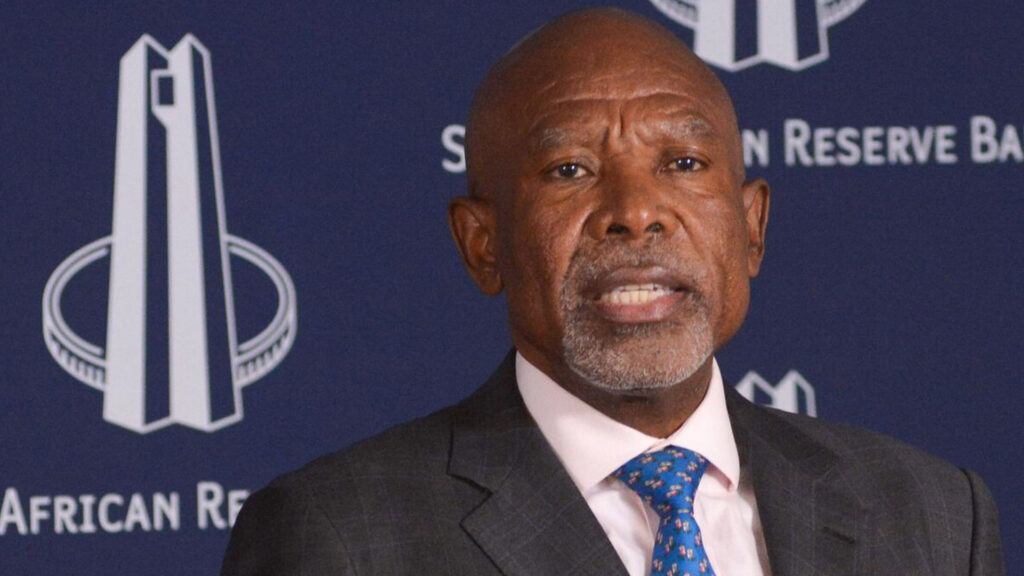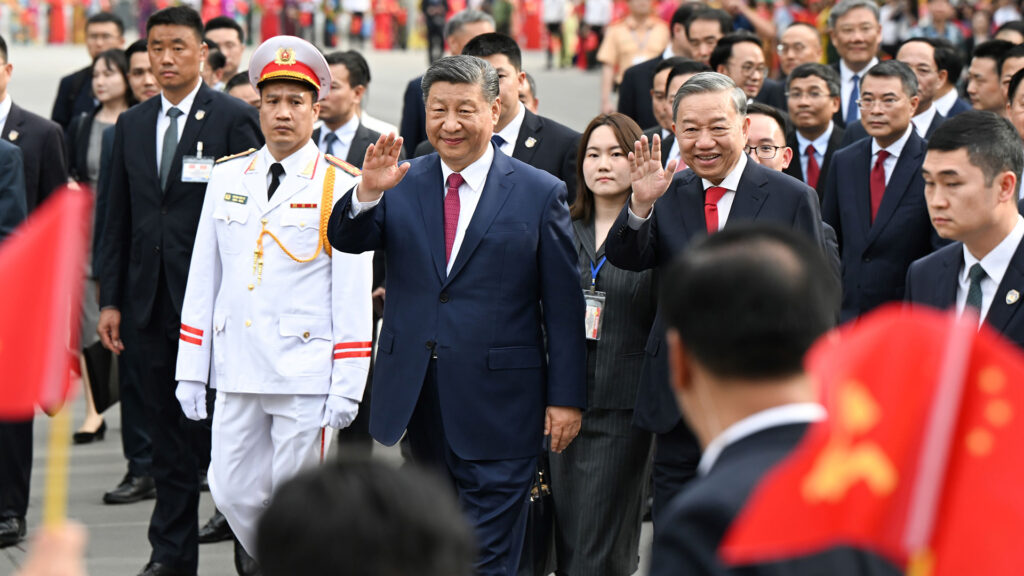PRETORIA – South Africa finds itself at a critical juncture as it grapples with its inclusion on the Financial Action Task Force’s (FATF) greylist.
Reserve Bank Governor Lesetja Kganyago’s recent address at the central bank’s Annual General Meeting in Pretoria underscores the urgency of the situation and the potential long-term economic implications if swift action is not taken.
Highlights
- South Africa must address 22 action items to improve anti-money laundering and counter-terrorism financing measures
- Only 8 out of 22 items have been addressed so far
- The country faces reporting deadlines in September 2024 and January 2025
- No immediate negative impact on correspondent banking relationships observed
- Reserve Bank’s Prudential Authority (PA) and Financial Surveillance department are spearheading efforts to exit the greylist
- Failure to address remaining items could lead to long-term negative effects on the economy
Industry Insight: The Impact of Greylisting on Emerging Economies
Greylisting by the FATF can have far-reaching consequences for emerging economies like South Africa:
- Increased scrutiny of financial transactions
- Higher compliance costs for financial institutions
- Potential reduction in foreign direct investment
- Challenges in international trade and cross-border transactions
- Reputational damage affecting the country’s overall economic attractiveness
The pressure on South Africa to address these issues promptly reflects a global trend of intensifying efforts to combat financial crimes and terrorism financing.
The Race Against Time: Addressing FATF Concerns
Progress and Challenges
Governor Kganyago’s revelation that only 8 out of 22 action items have been addressed highlights the significant work that lies ahead. With two crucial reporting deadlines looming—September 2024 and January 2025—South Africa faces a race against time to demonstrate substantial progress in its anti-money laundering and counter-terrorism financing frameworks.
Central Bank’s Leadership Role
The Reserve Bank’s Prudential Authority and Financial Surveillance department are at the forefront of efforts to navigate South Africa off the greylist. Their proactive approach underscores the central bank’s commitment to maintaining the integrity of the country’s financial system and its global standing.
Immediate vs. Long-term Impacts
Short-term Resilience
Governor Kganyago noted that despite increased scrutiny from foreign counterparties, the Prudential Authority has observed no immediate negative impact on correspondent banking relationships. This resilience provides a crucial buffer as the country works to address the FATF’s concerns.
Long-term Economic Risks
However, the Governor emphasized the imperative of addressing the remaining action items seriously to avoid long-term negative effects on the economy. This warning highlights the potential for gradual erosion of economic opportunities and financial sector stability if South Africa remains on the greylist for an extended period.
The Path Forward: Priorities and Strategies
Accelerating Reforms
To meet the upcoming deadlines and demonstrate meaningful progress, South Africa must:
- Prioritize the remaining 14 action items
- Enhance collaboration between public and private sector entities
- Strengthen regulatory frameworks and enforcement mechanisms
- Invest in technological solutions to improve financial monitoring and reporting
International Cooperation
Leveraging international partnerships and best practices could accelerate South Africa’s efforts to address FATF concerns. Engaging with countries that have successfully exited the greylist could provide valuable insights and strategies.
A Crucial Moment for South Africa’s Economy
The coming months are critical for South Africa as it strives to exit the FATF’s greylist. The Reserve Bank’s leadership in this effort, coupled with a whole-of-government approach, will be essential in addressing the remaining action items and safeguarding the country’s economic future.
Success in this endeavor will not only bolster South Africa’s financial sector but also reinforce its position as a key player in the global economy.
As Governor Kganyago aptly put it, the stakes are high, and the imperative to act is clear. The nation’s ability to navigate these challenges will significantly influence its economic trajectory in the years to come.







